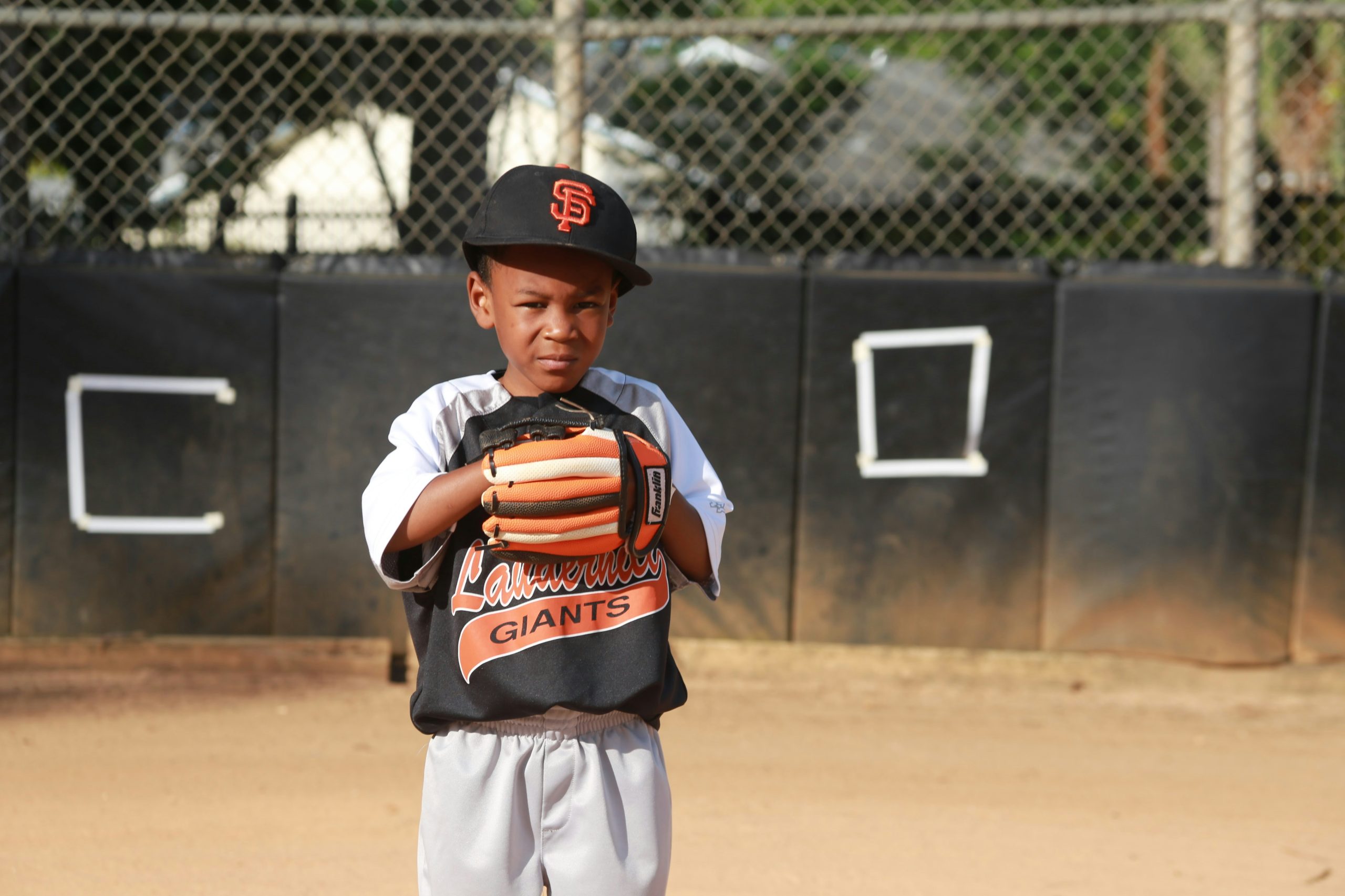
Innovative Approaches to Athlete Training Programs
Athlete training programs have evolved significantly in recent years, driven by advancements in sports science, technology, and a deeper understanding of human physiology. Coaches and trainers are continually seeking innovative approaches to enhance performance, prevent injuries, and optimize recovery for athletes across various sports disciplines.
Integration of Sports Science and Technology
One of the most significant trends in modern athlete training programs is the integration of sports science and cutting-edge technology. This approach utilizes data-driven insights to tailor training regimes that are specific to individual athletes’ needs and goals.
- Biomechanical Analysis: Utilizing sensors and motion capture technology to analyze an athlete’s movement patterns, joint angles, and forces exerted during training sessions.
- Performance Metrics: Monitoring and analyzing metrics such as speed, power output, heart rate variability, and fatigue levels in real-time to make immediate adjustments to training protocols.
- Recovery Optimization: Implementing recovery strategies based on data analytics to enhance recovery times and reduce the risk of overtraining.
Personalized Training Programs
Customization plays a crucial role in modern athlete training. Coaches and trainers are moving away from generic training plans and adopting personalized programs that consider an athlete’s unique physiology, biomechanics, injury history, and competition schedule.
“Personalization is key to optimizing an athlete’s potential. By tailoring every aspect of training, from nutrition to recovery protocols, we can maximize performance while minimizing the risk of injuries.”
Interdisciplinary Approach
Successful athlete training programs often involve collaboration between various disciplines, including sports medicine, nutrition, psychology, and strength conditioning. This interdisciplinary approach ensures a comprehensive and holistic development of the athlete.
- Psychological Support: Integrating mental skills training, visualization techniques, and stress management strategies to enhance focus and confidence.
- Nutritional Guidance: Developing customized nutrition plans to optimize energy levels, muscle recovery, and overall health.
- Rehabilitation Services: Providing injury prevention strategies and rehabilitation protocols to minimize downtime due to injuries.
Innovative Training Modalities
Besides traditional strength and conditioning exercises, innovative training modalities are gaining popularity for their ability to improve performance in specific aspects of sports.
- Virtual Reality Training: Simulating game scenarios to improve decision-making, spatial awareness, and reaction times.
- Altitude Training: Using altitude chambers or natural high-altitude environments to enhance aerobic capacity and oxygen utilization.
- Biomechanical Feedback Devices: Wearable devices that provide real-time feedback on technique, helping athletes refine their movements for optimal performance.
Case Studies
Several elite athletes and teams have successfully implemented innovative training approaches to achieve remarkable results:
- Case Study 1: Serena Williams – Utilizes virtual reality training to simulate match scenarios and improve her on-court decision-making abilities.
- Case Study 2: Manchester City FC – Implements personalized nutrition plans and recovery strategies based on biometric data to optimize player performance throughout the season.
- Case Study 3: Usain Bolt – Incorporates altitude training camps to enhance his sprinting endurance and overall speed.
Conclusion
Innovative approaches to athlete training programs continue to redefine the boundaries of human performance in sports. By leveraging sports science, technology, personalized strategies, interdisciplinary collaboration, and innovative training modalities, coaches and trainers can unlock the full potential of athletes while safeguarding their health and well-being. As these methods evolve, athletes and teams worldwide are poised to achieve new heights in their respective sports.



